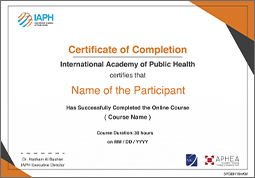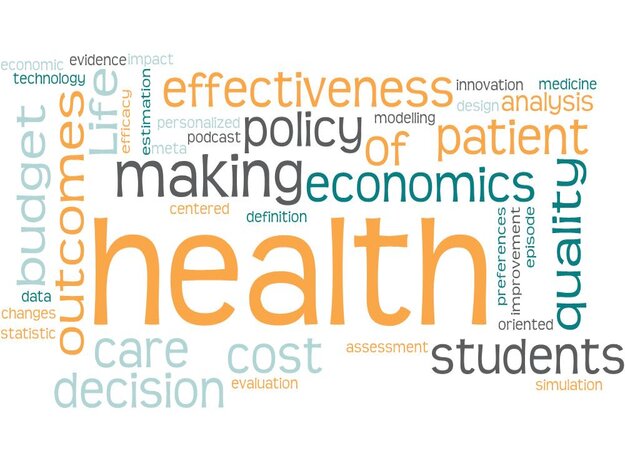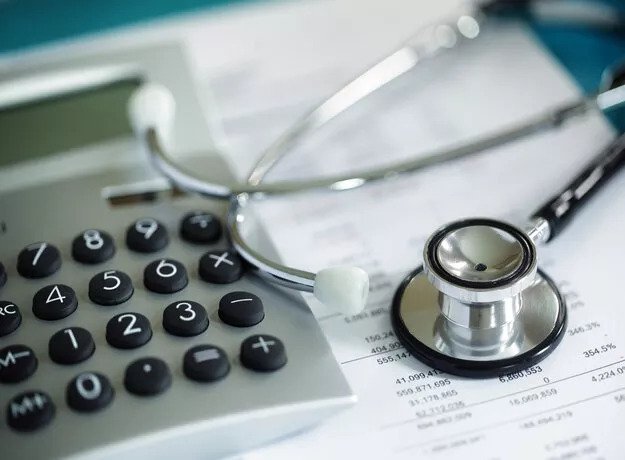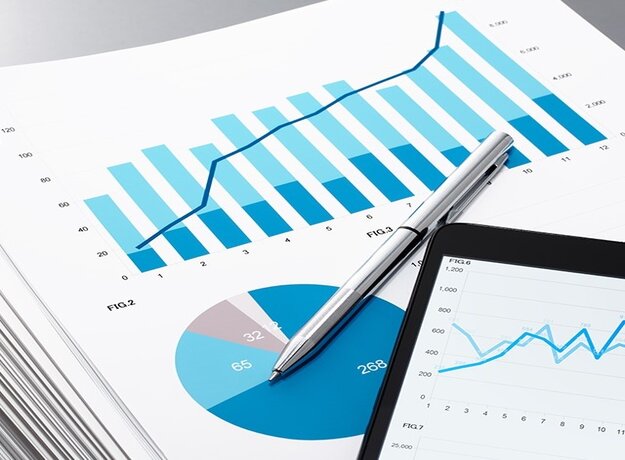Health economics, health financing and policy
“Health economics” as a course is meant to give health professionals the basic principles regarding economics and its application to the health sector to help them in making decisions. The program targets health professionals with no backgrounds in health economics. It will provide a solid understanding on how the behavior of individuals, patients, insurers, and providers affect the health system. The module takes a comprehensive approach in examining both the theoretical background and applications of health economics.
Learning Outcomes
- Define economic theory basic principles of economics at micro and macro levels
- Demonstrate a systematic understanding of the application of health economics in healthcare decision making
- Apply a critical awareness of current issues in health economic evaluations
- Implement health economic evaluations in clinical practice scenarios
- Understand what is cost in an economic evaluation
- Identify factors of resource use relevant to decision making
Field Work
Participants spend seven weeks in the field in order to be exposed to real-life situations and to practice the skills they gain with the guidance of a dedicated mentor. The following field projects are expected to be conducted during the field work period:
- Conduct analysis of health expenditure on HIV/AIDS in the participant’s municipality, program, or department
Required for administrative (mid-level and junior staff) and providers tracks
- Use the income quantile data to conduct equity analysis for the mother and child health services in the participant’s municipality, program, or department
Required for senior and mid-level mangers
- Develop plan to institutionalize monitoring expenditure system in the participant’s municipality, program, department, or nation
- Develop policy brief, based on the equity analysis, to suggest reform in health financing system for universal health coverage at the country level
- Analyze the weaknesses and strengths in the national health financing system
At the end of the program, participants reconvene for final presentations and discussions.
Targeted Group
Current and potential public health workers (mid-level managers and technical officers).


Certificate





